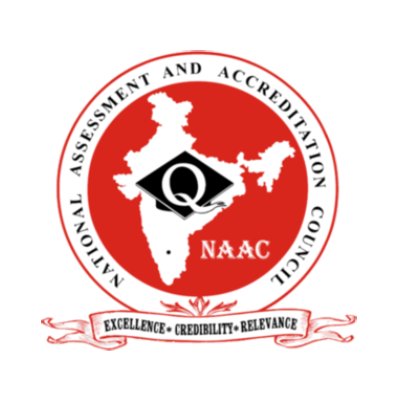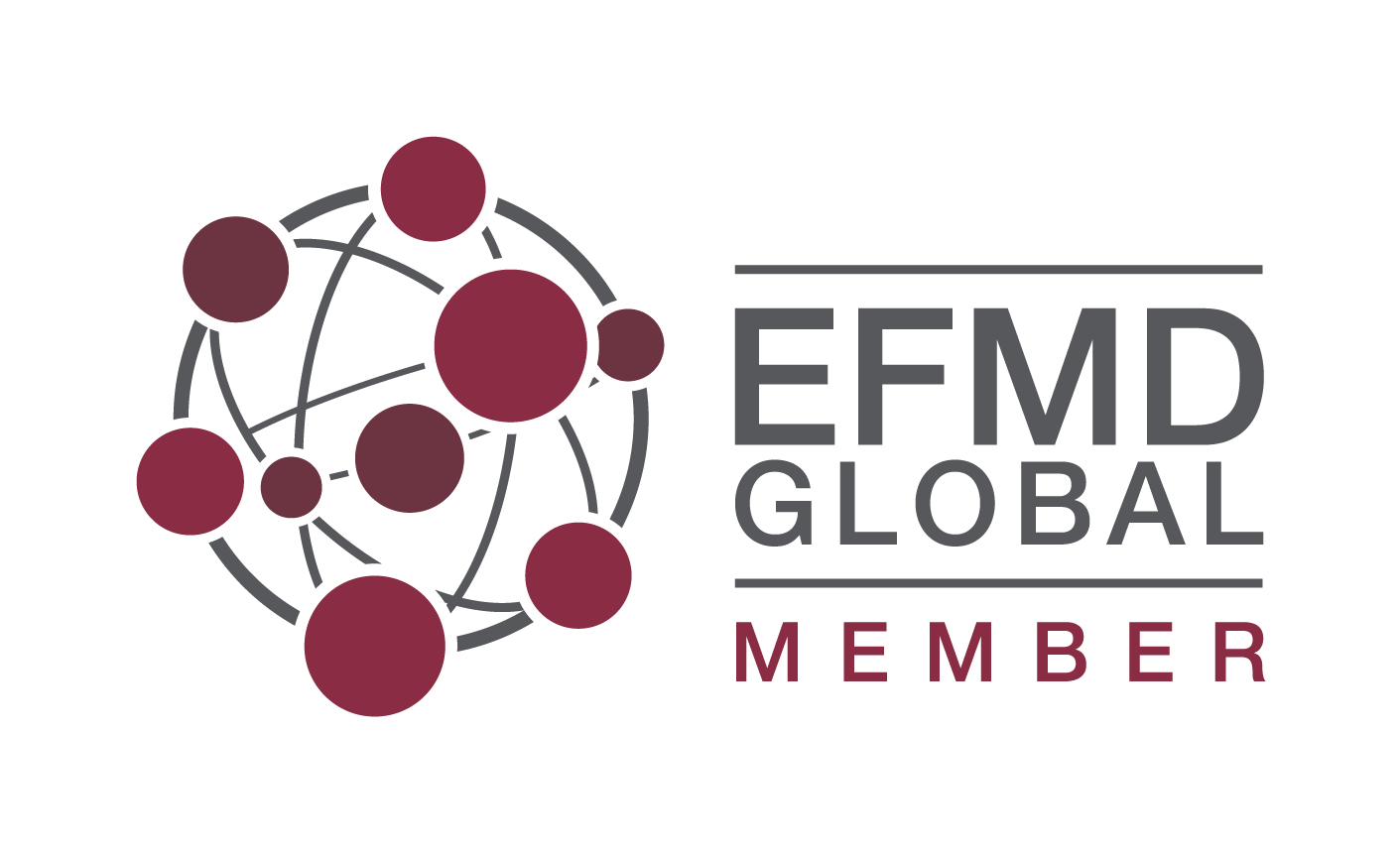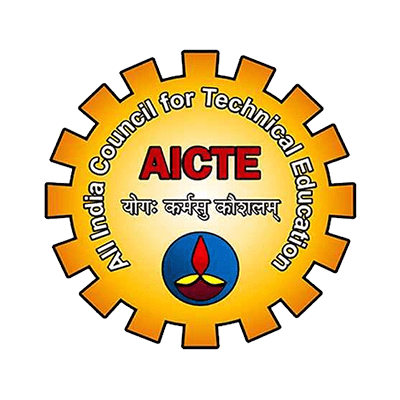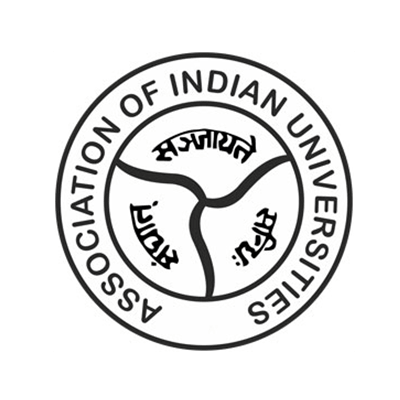The 29th of January, 2022 brought along some fresh excitement for IMI Kolkata as the institute welcomed eminent personalities from various walks of life to have a panel discussion on the topic “Rising Importance of Education in Eastern India”. Hosting one of the first sessions of its kind, the panel discussion took place in a blended format, wherein the panelists – Professor Shri Sougata Roy, Member of Parliament, Lok Sabha; Professor Sharmistha Banerjee, Calcutta University; Mr. Tuhin Chatterji, Director, CII; Dr. Debanjan Chakrabarti, Director, British Council (East and North-East India); Mr. Ajaya Kumar Sahoo (Executive Director, Group Corporate HR, RP-Sanjiv Goenka Group) and Professor Mohua Banerjee, Director, IMI Kolkata, were hosted offline, moderated by Dr. Rituparna Basu, Associate Professor, IMI Kolkata. Professor Bertram DaSilva, Vice Principal, St. Xavier’s College joined us in the online mode.

A glimpse of the wonderful panellists of the panel discussion, coming from various walks of life (from left to right): Mr. Tuhin Chatterji, Director, CII; Professor Shri Sougata Roy, Member of Parliament, Lok Sabha; Mr. Ajaya Kumar Sahoo (Executive Director, Group Corporate HR, RP-Sanjiv Goenka Group); Professor Sharmistha Banerjee,Professor, Calcutta University; Professor Mohua Banerjee, Director, IMI Kolkata; Dr. Debanjan Chakrabarti, Director, British Council (East and North-East India); Professor B DaSilva, Vice Principal, St. Xavier’s College and Dr. Rituparna Basu, Associate Professor (Marketing), IMI Kolkata.
Professor Shri Sougata Roy, Member of Parliament, Lok Sabha focused on the history of Eastern India as an education hub. He discussed how the need for English speaking natives started with British colonization. He highlighted how the first two graduates in India belonged to Bengal which paved the way for modern education. He explained how we are entering a new society wherein technology will play a dominant role. Industry 4.0 which includes AI, machine learning, and blockchain will be very important and training needs to be provided so that individuals have the knowledge and capability to deal with this shift.

The panellists of the panel discussion on the dias for one of the first events in the blended format, post the pandemic era.
“Industry would come in wherever there are returns”, said Mr Tuhin Chatterjee, Director, CII as he presented an insightful analysis about the linkage between the education ecosystem and the industry ecosystem. He spoke about the linear economic model of investment, industry, and employment and their evolving nature highlighting how the objective today is not just landing a job. He concluded by explaining the concept of three areas that will pave the way for a more lucrative future: Innovation, Entrepreneurship, and Start-ups.

The tokens of love and appreciation being distributed to the guests of the day, post the discussion.
Professor Sharmistha Banerjee, Calcutta University expressed her viewpoint about education in Eastern India eloquently. In a heartfelt speech, she explained how Eastern India is a “sponge” that absorbs all cultures and where cosmopolitan thinking is fostered. She expressed how the social capital formation in Kolkata is unparalleled and there is no dearth of opportunities for young and driven individuals. Eastern India boasts of some of the largest and most renowned institutions. She also highlighted how the affinity towards English is high in Eastern India which makes the region attractive for setting up industries and educational institutions.

The winners of the article writing competition on the topic “Rising Importance of Education in Eastern India”, organised by IMI Kolkata, announced by Professor Tirthankar Nag, Professor (Strategy, Innovation and Entrepreneurship), IMI Kolkata (on the right), and the vote of thanks being delivered by Dr. Gobinda Roy, Assistant Professor (Marketing), IMI Kolkata (on the left).
Professor Bertram Da Silva, Vice Principal, St. Xavier’s College said, “We are on the verge of change with the indicators (NIRF Rankings) in place.” With this, he went on to explain the situation of education in Eastern India, particularly in Kolkata where opportunities are readily available. In his opinion, future Bengal will be an attractive place for students to pursue their higher studies in the view of the fact that they are prepared not only to ace academics but also at life along with top notch industry interface while studying at universities with great amenities and infrastructure.

The panellists of the day, seated in the auditorium of IMI Kolkata before the commencement of the panel discussion.
“No one in the world is unemployable”, said Mr. Ajaya Kumar Sahoo, Executive Director, Group Corporate HR, RP- Sanjiv Goenka Group while emphasizing the employability of graduating students and quality of the same. Mr. Sahoo explained the term employability which comprises management education, technical education and liberal arts. He highlighted how national and international organizations such as Zomato/Ola, to name a few, focus on providing employment to the lower range of the scale. While ending his speech Mr. Sahoo briefly touched upon the skill sets like EQ, multitasking and problem solving students must build in order to sustain themselves in the dynamics of the business world.
Taking the point of liberal arts from Mr. Sahoo, Dr. Debanjan Chakrabarti, Director, British Council (East and North-East India) emphasized on how it brings out complexity and drives one to think beyond binary, making it stand apart. Further, he highlighted the urgent need to change the assessment systems into having questions which must promote critical thinking in students aligned with proficiency in English language. He concluded by saying that along with academics Kolkata has a culturally rich heritage which would help enhance the cultural aspects of students.
Lastly, Professor Mohua Banerjee, Director, IMI Kolkata briefly highlighted the stakeholders and touched upon the current grading systems of business schools, which have entrepreneurship and research as vital components along with placements when it comes to ranking. NIRF has Regional Diversity (RD) and academic diversity as indicators. Over the years, structures and systems have merged interwoven to give a holistic aspect.
Dr. Rituparna Basu, Associate Professor further conducted an interactive Q&A session between the panelists and the attendees. Professor Tirthankar Nag, Professor (Strategy, Innovation and Entrepreneurship) and Dean (Research and International Relations), IMI Kolkata went on to declare the results of the article writing competition organized by IMI Kolkata on the topic “Rising Importance of Education in Eastern India”, and the session was concluded by Dr. Gobinda Roy, Assistant Professor (Marketing), IMI Kolkata with a vote of thanks.













